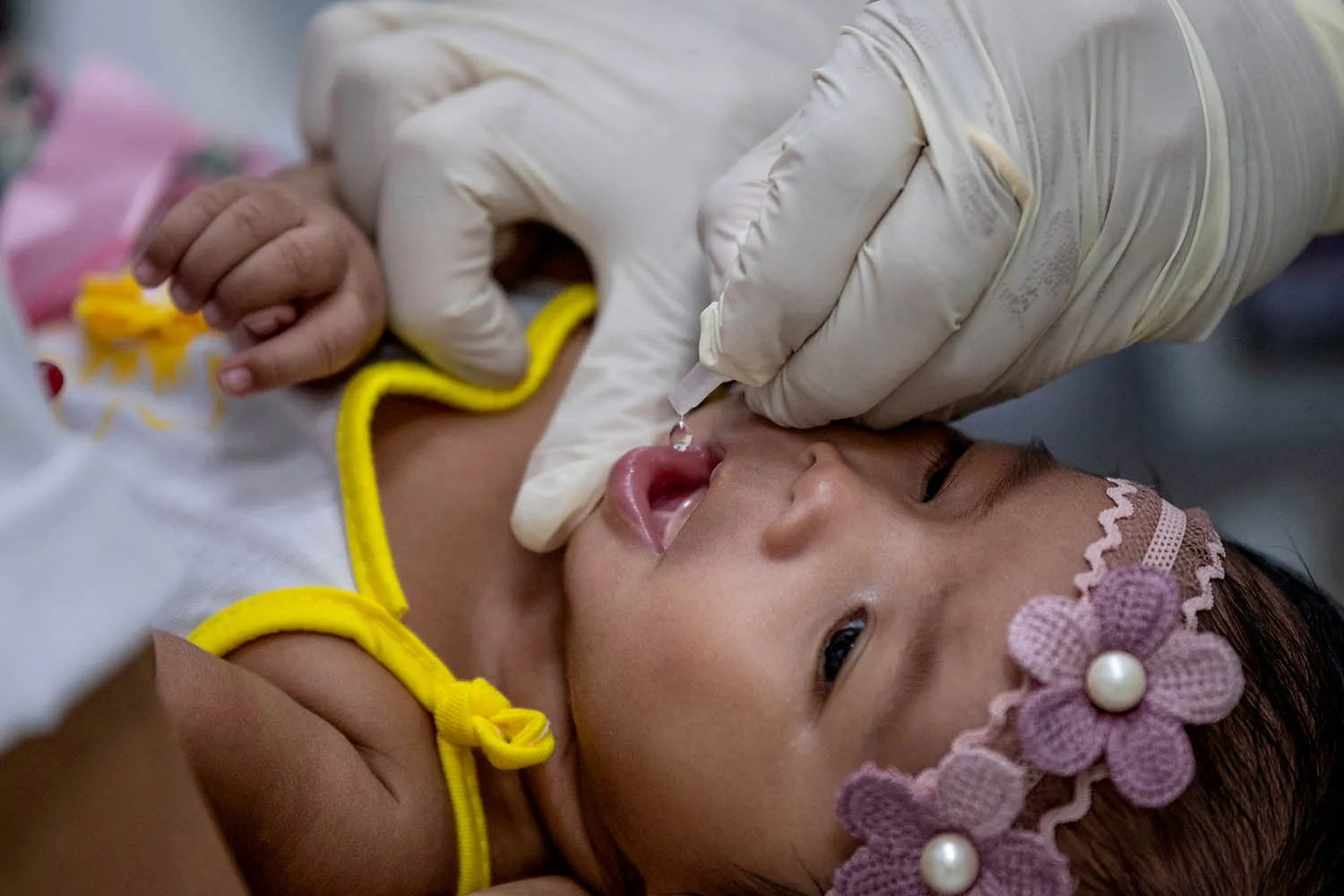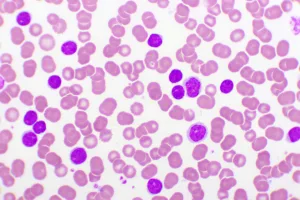The Global Impact of Vaccine Hesitancy
Robert Kennedy Jr.’s amplified vaccine concerns extend far beyond the borders of America, posing a significant threat to global health. Misinformation surrounding vaccinations can lead to a dangerous decline in immunization rates, resulting in millions of preventable deaths worldwide.
The Spread of Infectious Diseases
When vaccination rates drop, infectious diseases that were once under control can resurge and spread rapidly. This puts vulnerable populations, such as children and the elderly, at increased risk of contracting potentially deadly illnesses.
The Consequences of Vaccine Hesitancy:
- Increased outbreaks of preventable diseases
- Strain on healthcare systems
- Unnecessary suffering and death
Addressing the Root Causes
Combating vaccine hesitancy requires a multi-faceted approach that addresses the underlying concerns and misconceptions driving it. This includes:
- Promoting accurate and reliable information about vaccines
- Building trust between healthcare providers and the public
- Addressing the social and cultural factors that influence vaccine decisions
The Importance of Global Collaboration
Vaccine hesitancy is a global problem that requires a coordinated international response. By working together, governments, healthcare organizations, and community leaders can promote vaccine confidence and protect people from preventable diseases.
Final Overview: Safeguarding Global Health Through Vaccination
The spread of misinformation regarding vaccines has serious implications for global health. It is crucial to promote accurate information, build trust, and foster international collaboration to combat vaccine hesitancy and safeguard populations from preventable diseases. By prioritizing vaccination efforts, we can prevent unnecessary suffering and protect the health of communities worldwide.




+ There are no comments
Add yours